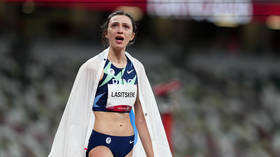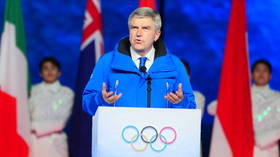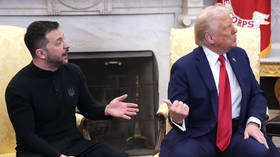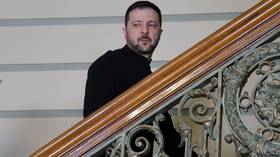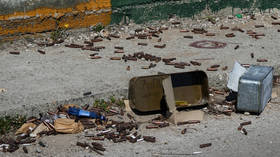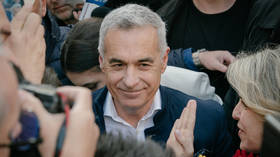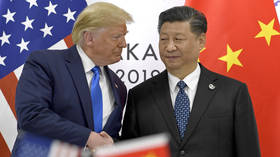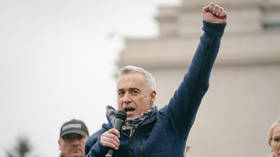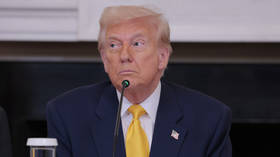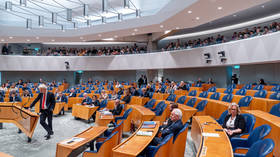Olympic icon compares Russian bans to ‘monkey football’
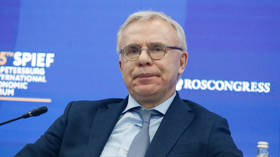
International sport is so confused about its bans on Russian athletes that it is like a group of monkeys trying to play football, according to ice hockey legend Viacheslav Fetisov.
Russian athletes have found themselves subjected to wide-ranging sanctions across numerous sports following a recommendation by the International Olympic Committee (IOC) at the end of February.
This week, IOC honorary member Craig Reedie – a former head of the World Anti-Doping Agency (WADA) – suggested that Russian athletes could miss the 2024 Paris Olympic Games because they would not be cleared for qualifying events.
Former hockey star Fetisov, who won double Olympic gold with the Soviet Union in the 1980s, has responded to those comments by accusing the global sporting authorities of being in a state of disarray.
“I know Reedie well. He says that Russian and Belarusian athletes might not take part in the Olympics because they will not be able to compete in the qualifying competitions,” Fetisov was quoted as saying by RIA Novosti.
“You yourself recommend that international federations not allow [Russian] athletes, and then you say that they haven’t passed through qualifying.
“They [the IOC] have refugee teams that have not passed any qualifying, nothing... A lot of things aren’t clear,” added Fetisov, who is now a State Duma Deputy in his homeland.
The former NHL star then made his unusual analogy to describe the current state of affairs.
“The worst thing in sports is when the rules of the game change during any competition. There is the expression ‘monkey football’,” said the 64-year-old.
“You can imagine, if you give the monkeys a ball, they’ll kick it, no one knows where to run, or why.”
Fetisov added that the sports authorities must be pressed to provide proper explanations for their decisions based on clear reasoning.
“The truth must be sought in the courts,” added the hockey icon.
The comments from IOC official Reedie have provoked a backlash in Russia, where sports officials have argued it is far too premature to rule Russian athletes out of the Paris Olympics in two years’ time.
Commenting to RIA, the IOC press service said Reedie was simply stating his personal opinion.
IOC president Thomas Bach has attempted to defend his organization’s stance by arguing that the recommendation to ban Russian and Belarusian athletes is partly for their own safety, to protect them from supposed aggression they would face at events around the world.
Bach has also accused the Russian government of breaching the ‘Olympic Truce’ with its military operation in Ukraine.
At the same time he has urged politicians around the world to refrain from interfering in sport, but held a meeting Ukrainian President Volodymyr Zelensky on a visit to Kiev earlier this month, where he offered more support to the country.
Russian officials have decried the various bans against their athletes as discriminatory and against the principle of sport being free from political influence.
